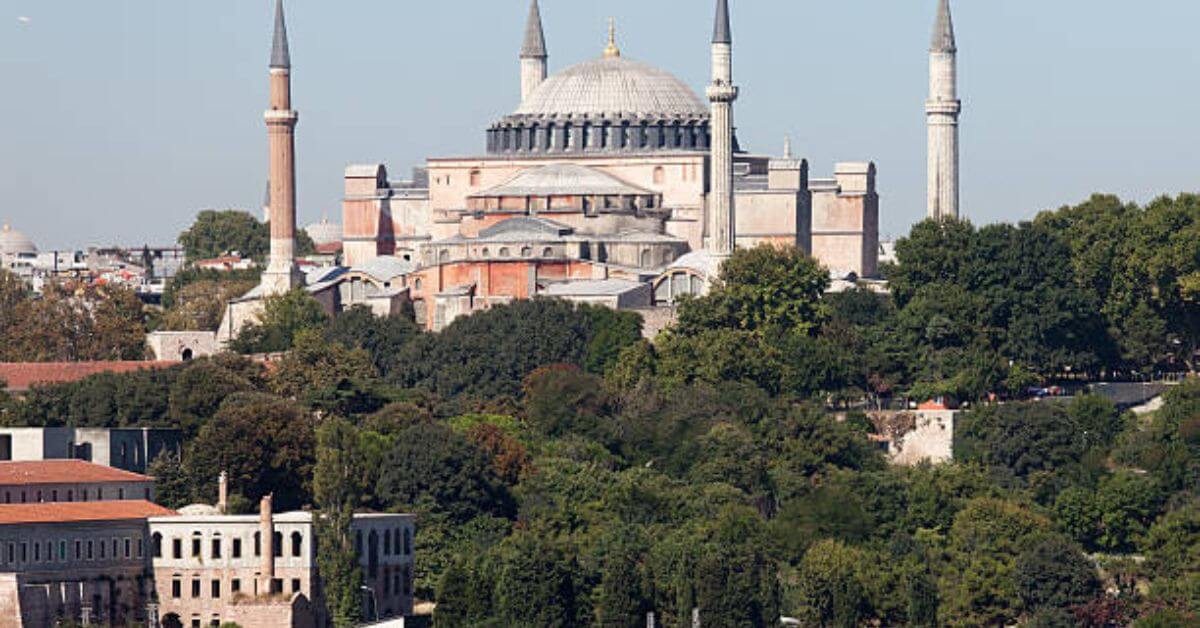Abuja, a city renowned for its modernity and advancement, is home to a wealth of historical sites that provide a window into the complex tapestry of its past.
This blog post examines the critical role that preservation and restoration play in preserving these historical sites, examining the value of cultural heritage, the difficulties associated with preservation, cutting-edge restoration methods, and the shared obligation to preserve Abuja’s legacy.
The Value of Cultural Heritage
- Establishing Roots
Historical sites serve as gateways to our cultural heritage, enabling both current and future generations to understand and connect with their ancestry.
- Informing and Motivating
Inspiring people to learn about history, architecture, and the stories that shaped their community, preserved historical sites act as outdoor classrooms.
The difficulties of preserving historical sites
- Development and Urbanization
Due to the demands of modernization and space, the rapid pace of urbanization frequently puts historical sites in danger.
- Degradation of the environment
Historical structures face threats to their physical integrity from the elements, pollution, and climate change.
Creative Restoration Techniques
- Reuse Adapted
Historical buildings that have been converted into useful spaces, like museums or cultural centers, can meet modern needs while still maintaining their heritage.
- Eco-Friendly Materials
During restoration, historical sites are preserved by using environmentally friendly building materials and methods.
- Digital Recordkeeping
The documentation of historical sites using cutting-edge technologies like 3D scanning and virtual reality helps with preservation efforts and provides online access to these sites.
Reviving Historic Sites: Effects and Importance
- Increased Cultural Tourism
Tourists are drawn to restored historical sites, which boosts the local economy and highlights Abuja’s extensive past.
- Local Identity
By acting as landmarks that represent a common past, preserved sites help to foster a sense of community pride and identity.
- Exchanging Values
Historic locations transmit values and life lessons to the next generation, encouraging a sense of continuity and cross-cultural understanding.
Fostering an Ecosystem for Heritage Preservation
- Campaigns for public awareness
Launch public awareness-raising campaigns to inform people about the value of heritage preservation and to inspire them to support historical sites.
- Cooperating Relationships
Form collaborations with NGOs, experts, and local communities to ensure a multifaceted approach to restoration and preservation.
- Educational Engagement
To instill in the younger generation a sense of pride and accountability, incorporate heritage preservation into the school curricula.
- Community Participation
Include neighborhood groups in restoration projects so they can take ownership of their history and develop a sense of community.
Technology Adoption for Preservation
- Electronic Archives
To ensure that the histories of historical sites are preserved, create extensive digital archives of those locations that include photos, documents, and oral histories.
- Experiences with augmented reality
Create augmented reality applications that offer immersive experiences, enabling users to see historical locations as they were in the past.
- Data crowdsourcing
Crowdsourcing initiatives can be used to involve the public in gathering information about historical sites and assisting with documentation and preservation efforts.
Responding to Inquiring Minds:
- What can individuals do to help Abuja’s historical sites be restored?
People can get involved in volunteer programs, give their support to causes they believe in, and raise awareness of the value of preservation.
- Are there laws in place to safeguard Abuja’s historical sites?
In order to protect historical sites for future generations, Abuja does indeed have regulations that govern their preservation and restoration.
- What are the economic advantages of protecting Abuja’s historical sites?
Historic sites that have been preserved draw tourists, bring in money for neighborhood businesses and open up jobs in the heritage and tourism industries.
- How can technology help Abuja’s historical sites be preserved?
In order to ensure that historical sites are preserved for future generations, technology can help with documentation, virtual access, and restoration planning.
Conclusion
The dedication of Abuja to preserving its historical sites is a testament to the city’s fortitude and regard for the past.
The city ensures that the historical narratives are preserved for future generations by restoring these treasures, creating a link between the past, present, and future.
Let’s keep in mind that historical sites are more than just physical landmarks as we proceed along this path of preservation they are also carriers of memory, markers of culture, and defenders of identity.
They inspire us to sculpt the future’s path by serving as a reminder of the journey that brought us here.
Abuja is creating a legacy narrative that resonates with the aspirations of a world where history lives on and influences the journey of tomorrow by banding together in advocacy, championing preservation, and cultivating an environment of cultural stewardship.





